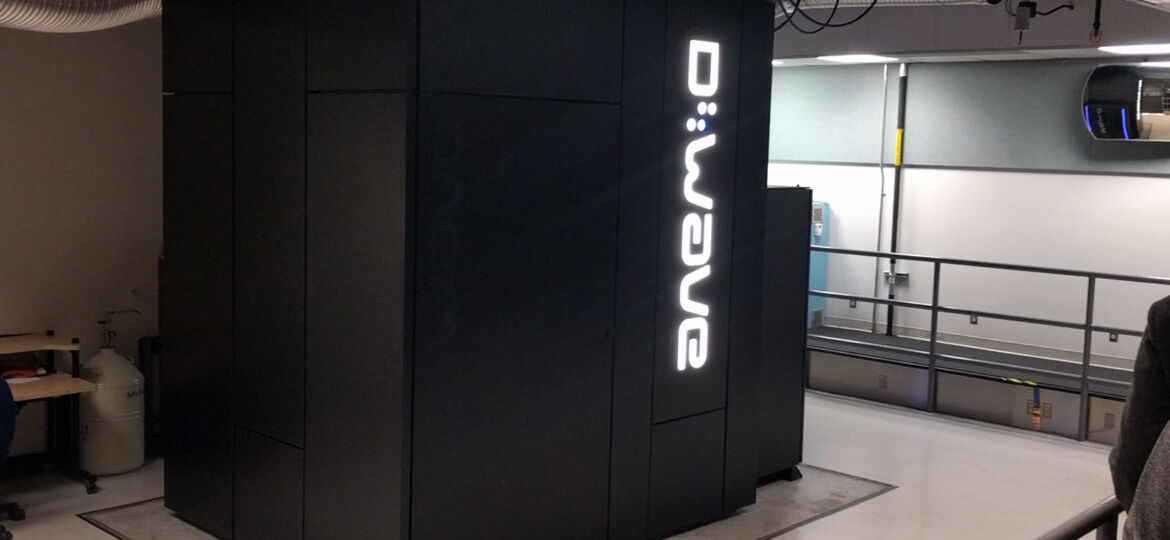
WHY THIS MATTERS IN BRIEF
Googles D-Wave quantum computer breaks the speed barrier and leaves everything else in its dust.
Google announced a breakthrough in the field of Quantum computing on Wednesday. The company thinks it’s found a quantum algorithm that solves problems 100 million times faster than conventional processes. If confirmed, this discovery could not only lead to iRobot style artificial intelligence but also advance the US space program by light years.
Back in 2013, Google and NASA went halvsies on a $10 million D-Wave X2 computing system which is supposedly the world’s first functional quantum computer – although experts both inside and outside the company have never been able to conclusively prove that the machine actually taps into the quantum realm to produce its calculations. That is, until now.
Google’s announcement Wednesday centers on “quantum annealing“, a technique that determines the global minimum for a given function when presented with a set of potential solutions. In English, it figures out the best, or “most efficient,”way to complete a task when given a set number of options. Scientists have been working on quantum annealers for a while now, though the two primary techniques, “simulated annealing” and “Quantum Monte Carlo” are both just simulated systems running on conventional hardware. The D-Wave system, on the other hand, is hard coded to run the quantum annealing algorithm on its quantum array and it’s that that makes the difference.
The company recently tested the new QA algorithm in a proof of concept trial against a conventional system running the simulated annealing and Monte Carlo methods and the results are more than impressive. As you can see from the graph above, Google’s method beat out the other two easily, solving a function with 1,000 binary variables a 100 million times faster.
That, however you argue it, is game changing.
Google qualified these results as “intriguing and very encouraging” in its announcement but admitted that they still have a long way to go before the technology is ready for the consumer market.


















[…] The secret behind quantum computers raw, awesome power is how they process data. A classical computer reads, stores and manipulates bits in the form of 1’s and 0’s. A quantum computer on the other hand used “qubits” which are tiny quantum objects that can exist in two states – a 1 and 0 – at the same time, something called superposition. And it’s this phenomenon that gives them their phenomenal computational power and lets them perform a limitless number of tasks in parallel, something that last year saw Google’s DWave quantum “so called” computer out perform its older brethren by a factor of one hundred million times. […]